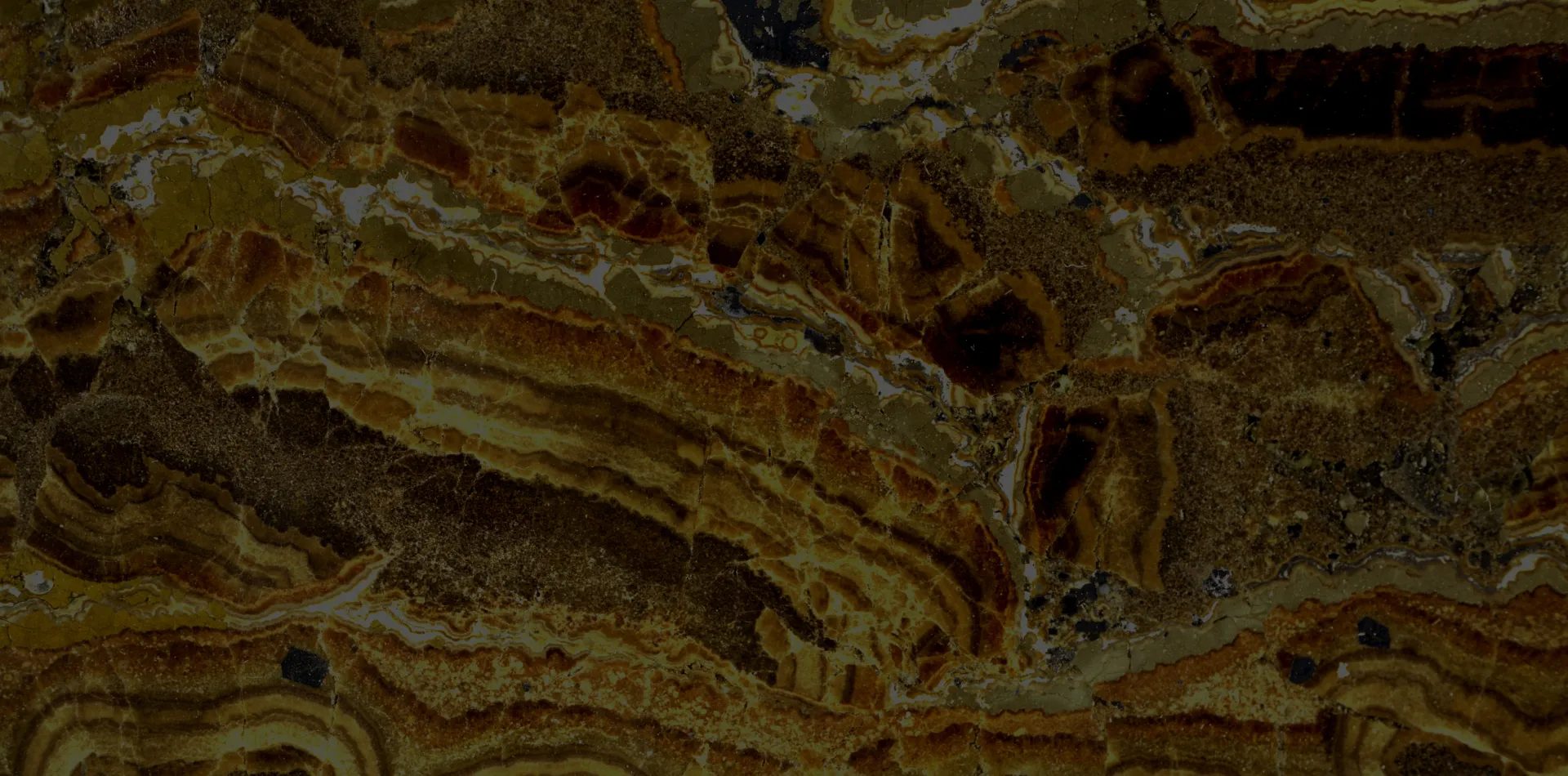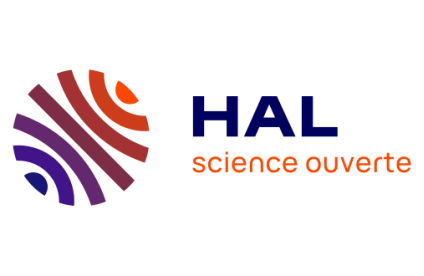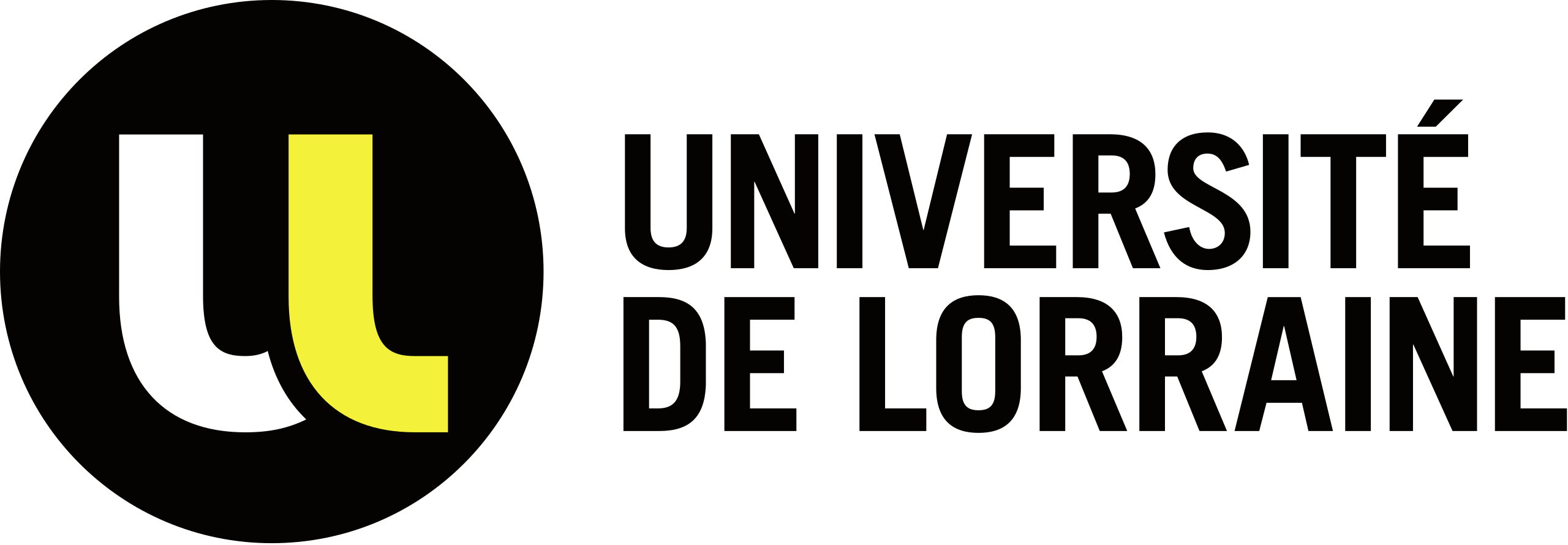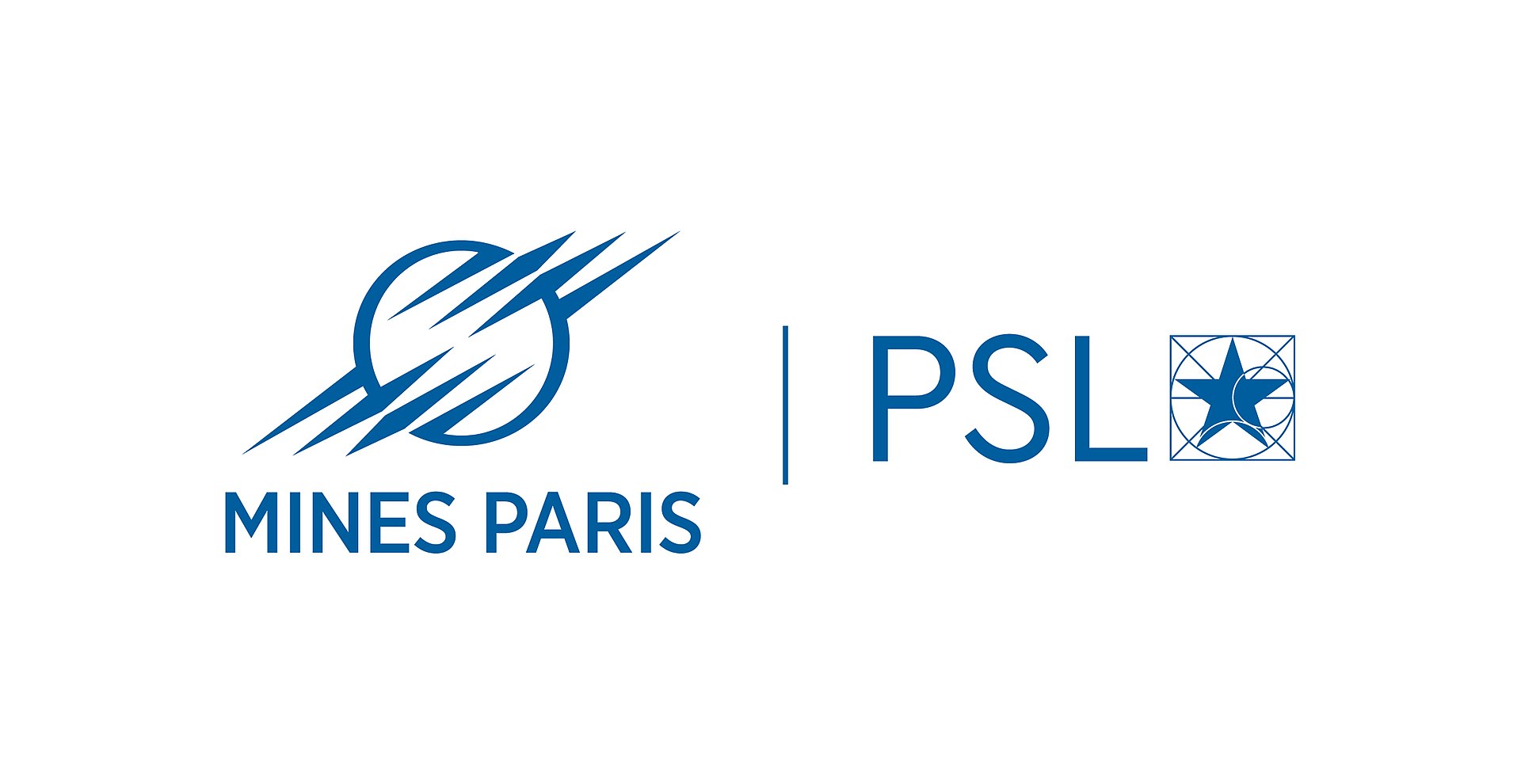News
Challenges
The subsurface is suitable for activities that are essential to meeting today's global challenges, such as those relating to ecological, energy and digital transitions. In particular, these transitions are based on the massive use of metals and non-metallic mineral resources, most of which are extracted from the subsurface. In order to promote sustainable and reasoned exploitation of the subsurface, it is necessary to develop innovative interdisciplinary approaches and to overcome not only the scientific obstacles to characterisation, but also those relating to the various stages of processing, from minerallurgy to extractive metallurgy.
Objectives
The InnovTech project aims to meet the scientific challenges of ensuring the sustainable and responsible exploitation of the subsurface by improving existing methods and developing innovative technologies. To achieve this goal, InnovTech will include the development of automated, generic, in situ and on-line ore characterisation methods and the development of integrated solutions for processing more complex, variable, polymetallic and non-conventional resources, while reducing energy, chemical and water consumption and waste production.
To achieve this, innovative approaches will be implemented, including the use of artificial intelligence and machine learning. These approaches will also include DEM and CFD modelling, atomic-scale simulations based on quantum chemistry and thermo-kinetic modelling. They will be combined with original, high-level experimental work in order to gain a better understanding of the phenomena involved in the treatment processes, which will make it possible to design relevant, accurate models. These approaches will improve our understanding of the mechanisms involved in treatment processes, which is essential for the development of innovative methods.

Cellules de flottation
© BRGM
Expected results
In addition to its scientific objectives, the InnovTech project also aims to get the scientific community to cooperate on mineral processing in the broadest sense. It will bring together groups working in various fields of geosciences, chemistry, process engineering and computer science, while maintaining a strong link with the scientific community working on the environmental assessment of processes. The work carried out in this project should help to increase the level of expertise of the French scientific community in the field of mining, while bringing together the various scientific groups on joint projects focusing on mining issues, and positioning them at European and international levels with regard to the sustainable exploitation of primary raw materials.
Co-managers


Kathy Bru, Senior process engineering expert at BRGM. Her research subjects include grinding processes, particularly selective grinding, and the concentration of materials, applied to the processing of primary and secondary resources. She coordinates and is responsible for the work packages of several European and French projects relating to the development of sustainable mineral resource processes in Europe.
Yann Foucaud has been a senior lecturer in applied mineralogy and minerallurgy at the GeoRessources laboratory and the Ecole Nationale Supérieure de Géologie de Nancy at the University of Lorraine since 2022. Head of the Resources and Residues Valorisation team and manager of the STEVAL pilot plant, he is pursuing research in the field of ore processing and, more specifically, flotation, with a particular focus on phenomena at liquid/solid interfaces.











